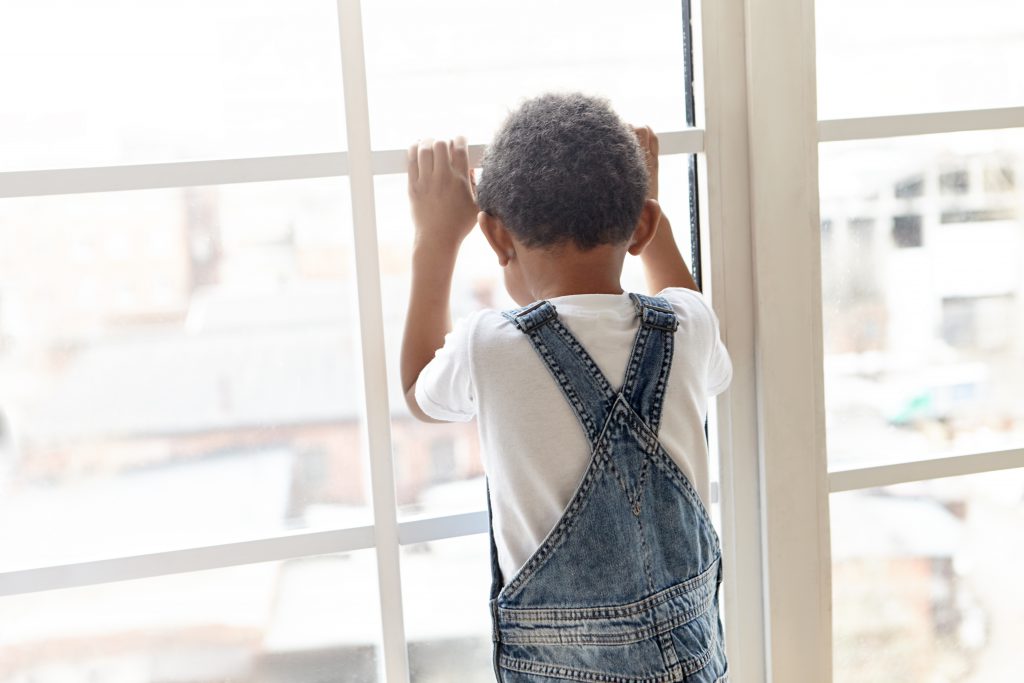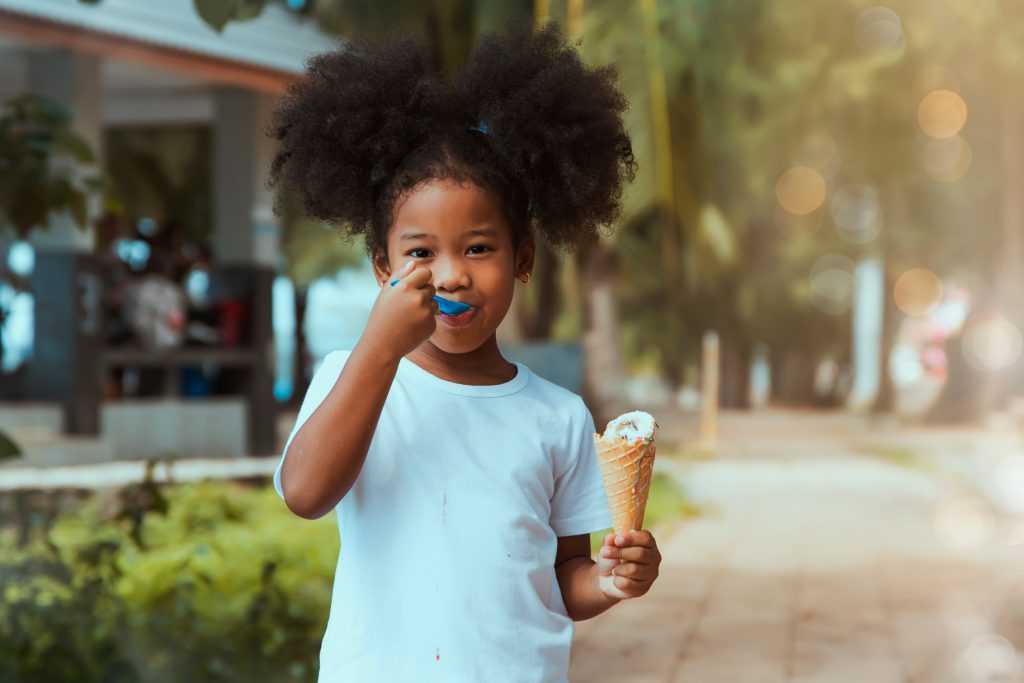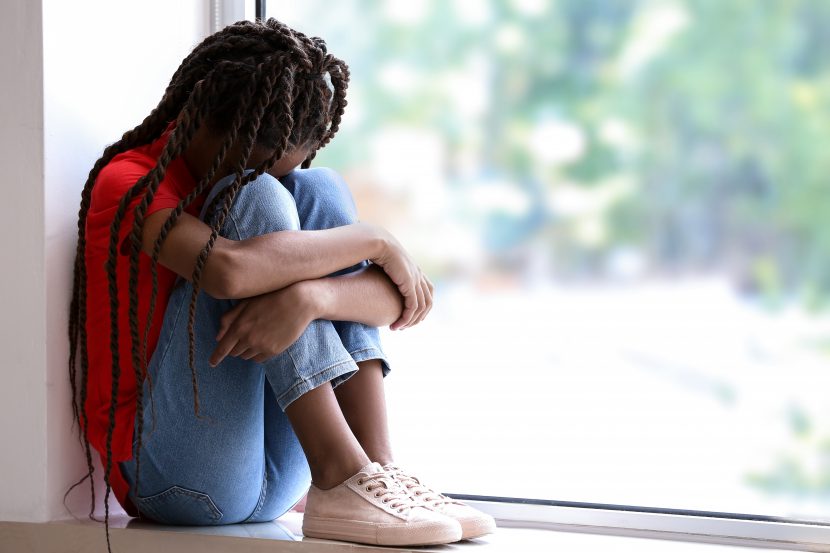African-Americans currently make up 13% of the population in the United States. That amounts to 42 million people, out of which 2.68 million are black children, up to the age of four. (Loyd M. C, 2021) Unfortunate events throughout history, as well as numerous policies that the country has enforced, have significantly influenced the lives of African-American children in the USA today.
African-American family structure in the US
Americans have welcomed thousands of African-American immigrants throughout the centuries. These new nations have helped diversify the cultural landscape and break the bias in the communities. On that same continent, African-American families were the victims of slavery for more than 240 years. (Wickham D, 2014) However, structural racism is negatively impacting the youth, even today. The education system is the US trains young Americans to become future global citizens who will lead the world. It is therefore in everyone’s favor to embrace minorities and make them feel included. (Lloyd M C, 2021)
A long time ago, in the 17th century, black slaves worked on sugar and cotton plantations in the South. Slavery was abolished the next century and soon enough most black families booked one-way tickets to the North, in the light of changing economic conditions.
However, the current has shifted. (Sisson C.K, 2014) Since 2020, most black families migrated back to the south of the country, in search of a better life and equal opportunities. The American dream has failed them, and they have found comfort in the slower lifestyle. The real problem here is that black children don’t get to realize their rights to education and freedom of thought, but instead, focus on fleeing oppression. (UNICEF, n.d.)
Family support is crucial when it comes to raising children. Going back to the past, it is clear that the black family structure started to disintegrate in the 1960s when traditional roles started to change. Fast forward to the 20th century, about 72% of black children are born and raised by single mothers, with most fathers disappearing from their lives in a span of several years. (Bodenner C, 2015) Growing up in dysfunctional families leaves a deep impression on children. Black Americans are no exception, as the high rates of crimes are directly correlated with an unhealthy upbringing. (Bodenner C, 2015)
Racial inequality observed in preschools
In the United States, black families and their children have been scrutinized and critiqued through education, employment, justice and health systems. (Lloyd M C, 2021) The reason for this might be that black children are still perceived as potentially dangerous, regardless of their young age and, in most cases, unfavorable socioeconomic standing. Moreover, they are considered inferior and expected to commit crimes once they grow up. (Patton S, 2014)
A study from 2019 conducted by the Department of Justice shows that more than 60% of children in the US have witnessed violence in some form. The traumatic occurrences often leave long-term consequences that prepare children for failure from a very early age. (Adetunji J, 2016) It doesn’t come as a surprise that most of the children in preschool require additional support to heal.
Black children carry more burden, as they are oftentimes marginalized and punished for the color of their skin. Out of all children who are enrolled in preschool in the USA, only 18% are black children out of which about 50% get suspended on regular basis. This rate of suspension is significantly lower for their white peers who, as the majority in school, get disciplined only 25% of the time. (Adetunji J, 2016)

Harsh discipline methods, such as suspensions and expulsions, are futile simply because they don’t solve the root of the problem. Most black children come from poor families that don’t have access to health insurance or a decent job to support their loved ones.
Taking into consideration that African-American children are three times more likely to live in poverty, rather than judging, they should be entitled to support and protection. (Adetunji J, 2016) Since every child has the right to non-discrimination and protection from harm, prejudging black children and labeling them as irresponsible or unruly is therefore a direct violation of The Convention on the Rights of the Child. (UNICEF, n.d.)
Jeopardizing black children’s right to health
According to the research conducted by the Centers for Disease Control in 2020, it has been confirmed that African-American children are more prone to health issues and medical complications, especially from viruses such as Covid-19. (Hart M, 2020) What might be the main cause for these racial discrepancies? The answer lies in the unjust treatment of children of color, where their innate rights to health and access to information are seriously jeopardized. (UNICEF, n.d.)
Black families to this day struggle to clear their immigration status in order to make a living or move out of domestic safe houses. Their disadvantageous socio-economic situation, alongside chronic stress, is usually the main reason for contracting diseases, such as diabetes, or asthma, that plunge them further into debt, poverty, and despair. (Hart M, 2020)
Improving the lives of African-American children in the US in the future
Racial segregation in American society has been a burning question for many years. Numerous schools are working on strategies to help children of color feel at home by supporting the students both mentally and financially. Some governments facing similar issues have proposed rolling out a new curriculum that was to teach everyone about the rights of minorities.
Even though the children are exposed to mixed races more than ever, a school program is likely to make a difference if designed with a strong action plan empowering teachers to educate on the matter. (Mayor L, n.d.) Positive school experience seems to be one of the pillars of society, as, the famous slavery abolitionist, Frederick Douglass used to say: “It is easier to build strong children than to repair broken men.” (Adetunji J, 2016)
On another positive note, things are starting to change and the situation is not all that bad. The government has been tackling the racial gap by providing equal opportunities and hiring more black employees in the public sector. In turn, the workers get to benefit from stable income and health incentives that improve the lives of their families, namely children.
“As of 2019, nearly half of all Black women—48 percent—and more than one-fifth of Black men—21 percent—in the workforce are employed in education, health services, or public administration.”
– Madowitz M, 2020
We here at Humanium support the right to health and protection for all children of all races. People and children of African descent are particularly vulnerable to racism, which is exactly why we focus our efforts on helping the entire communities in some of the most underdeveloped regions in the world. Our teams have led numerous projects in Africa where we continue to create a world where children of all backgrounds can have access to equal opportunities.

If you would like to support our initiative and all we do to help children around the world, please consider sponsoring a child, donating or becoming a volunteer. We are grateful for your help!
Written by Lidija Misic
Bibliography:
Adetunji Jo, Racial inequality starts early – in preschool, The Conversation (July 14, 2016). Retrieved from: https://theconversation.com/racial-inequality-starts-early-in-preschool-61896, accessed on August 25, 2022.
Bodenner Chris, The breakdown of the Black Family, The Atlantic (October 12, 2015). Retrieved from: https://www.theatlantic.com/national/archive/2015/10/the-breakdown-of-the-black-family-contd/626229/, accessed on August 25, 2022.
Hart Marion, Why Covid-19 is Hitting Black and Hispanic Children Especially Hard, Forbes (August 31, 2020). Retrieved from: https://www.forbes.com/sites/unicefusa/2020/08/31/why-covid-19-is-hitting-black-and-hispanic-children-especially-hard/?sh=350620233ba5, accessed on August 25, 2022.
Madowitz Michael, Weller E. Christian, Price Anne, Public Work Provides Economic Security for Black Families and Communities, Center for American Progress (October 23, 2020). Retrieved from: https://www.americanprogress.org/article/public-work-provides-economic-security-black-families-communities/, accessed on August 29, 2022
Mayor Lola, Black history: Can school curriculum help curb racism?BBC News (May 28, n.d.). Retrieved from: https://www.bbc.com/news/uk-wales-61554605, accessed on August 25, 2022.
M. Loyd Chrishana, Alvira-Hammond Marta, Carlson Julianna, Loga Deja, Family, Economic, and Geographic Characteristic of Black Families with Children, Child Trends (March 5, 2021). Retrieved from https://www.childtrends.org/publications/family-economic-and-geographic-characteristics-of-black-families-with-children, accessed on August 25, 2022.
Patton, Stacey, In America black children don’t get to be children, The Washington Post (November 26, 2014). Retrieved from: https://www.washingtonpost.com/opinions/in-america-black-children-dont-get-to-be-children/2014/11/26/a9e24756-74ee-11e4-a755-e32227229e7b_story.html, accessed on August 25, 2022.
Sisson Carmen K, Why African-Americans are moving back to the South, The Christian Science Monitor(March 16, 2014). Retrieved from: https://www.csmonitor.com/USA/Society/2014/0316/Why-African-Americans-are-moving-back-to-the-South, accessed on August 29, 2022.
UNICEF, The Convention on the Rights of the Child: The children’s version (n.d.).Retrieved from: https://www.unicef.org/child-rights-convention/convention-text-childrens-version, accessed on August 25, 2022.
Wickham DeWayne, Do you know when slavery began and ended? USATODAY (February 10, 2014), Retrieved from: https://www.usatoday.com/story/opinion/2014/02/10/black-history-slavery-dewayne-wickham-column/5341129/, accessed on August 25, 2022.


